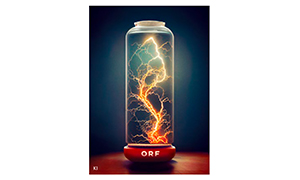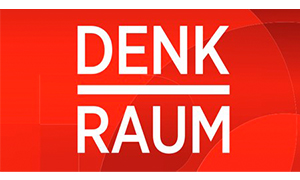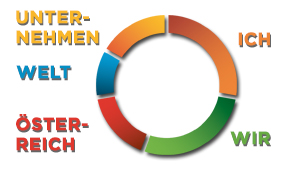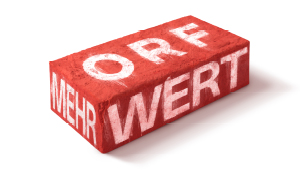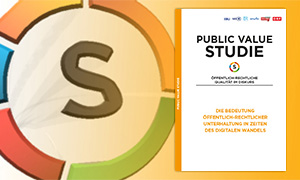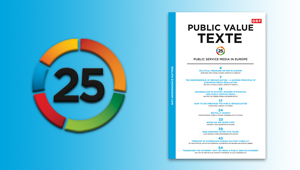Qualität auf dem Prüfstand. Der ORF ist zu einem Qualitätssicherungssystem
verpflichtet, das die Erfüllung des gesetzlichen öffentlich-rechtlichen Auftrags kontrollieren und optimieren soll.
Diese erstmalige Sammlung von Beiträgen dokumentiert die einzelnen Maßnahmen und gibt Antworten darauf,
wie Wissenschaftler:innen und Medienfachleute öffentlich-rechtliche Qualität bewerten. [mehr]


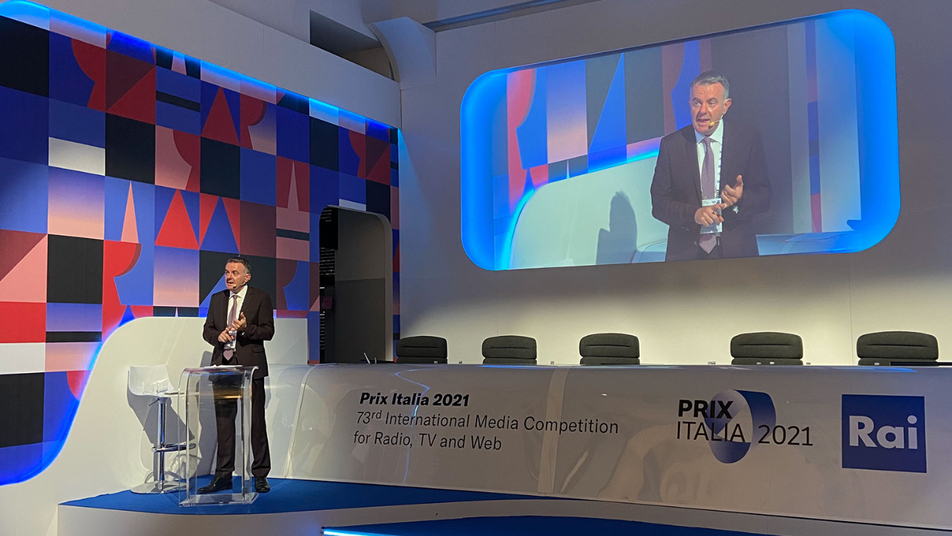 Der EBU-Generaldirektor Noel Curran sprach beim Prix Italia über die ernsthaften Bedrohungen, mit denen der Journalismus heute konfrontiert ist: die Erosion von Vertrauen und Wahrheit durch den digitalen 24/7-Nachrichtenzyklus; die Einschüchterung und das Schweigen von Journalisten; Finanzierungsprobleme, die zu einem "Short Cut"-Journalismus führen; die zunehmende Kontrolle der Global Player über die Bereitstellung aller Inhalte.
Der EBU-Generaldirektor Noel Curran sprach beim Prix Italia über die ernsthaften Bedrohungen, mit denen der Journalismus heute konfrontiert ist: die Erosion von Vertrauen und Wahrheit durch den digitalen 24/7-Nachrichtenzyklus; die Einschüchterung und das Schweigen von Journalisten; Finanzierungsprobleme, die zu einem "Short Cut"-Journalismus führen; die zunehmende Kontrolle der Global Player über die Bereitstellung aller Inhalte.